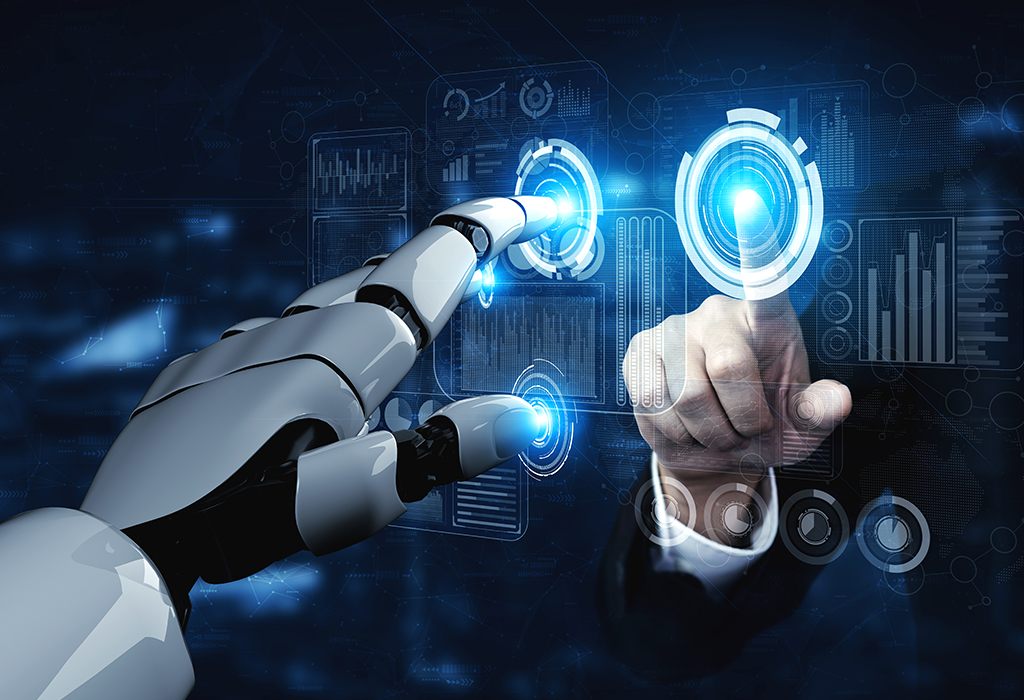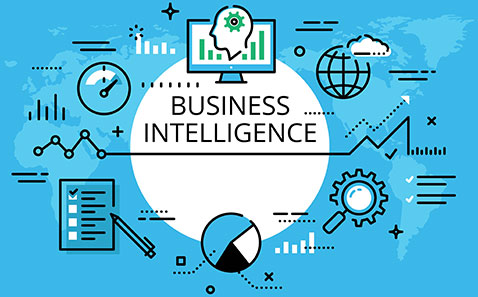Description
AI (Artificial Intelligence) and Machine Learning (ML) represent a transformative technological paradigm, enabling systems to learn from data, adapt to new information, and perform tasks that typically require human intelligence. AI encompasses various technologies that simulate human cognitive functions, including reasoning, problem-solving, perception, and language understanding. Machine Learning, a subset of AI, focuses on developing algorithms that allow computers to learn from and make predictions or decisions based on data without being explicitly programmed for each specific task.
The core of Machine Learning involves training models on large datasets, allowing them to recognize patterns and make informed predictions. Various ML techniques, such as supervised, unsupervised, and reinforcement learning, empower organizations to derive insights from their data, automate processes, and enhance decision-making. Supervised learning involves training models on labeled datasets, while unsupervised learning identifies hidden patterns in unlabeled data. Reinforcement learning uses trial and error to teach models optimal behaviors through rewards and penalties.
AI and Machine Learning find applications across various industries, including finance, healthcare, marketing, and manufacturing. In finance, for example, AI algorithms can detect fraudulent transactions in real time, while in healthcare, ML models can analyze medical images to assist in diagnosing diseases. In marketing, AI-driven analytics can optimize advertising campaigns by predicting consumer behavior and preferences.
Natural Language Processing (NLP), a significant branch of AI, enables machines to understand, interpret, and generate human language. This technology powers virtual assistants, chatbots, and sentiment analysis tools, enhancing customer interactions and support. Computer vision, another area of AI, enables machines to interpret and process visual information from the world, leading to advancements in autonomous vehicles, facial recognition, and image analysis.
Implementing AI and Machine Learning solutions requires a robust data infrastructure, including data collection, cleaning, and storage capabilities. Additionally, ethical considerations and transparency are crucial, as organizations must address concerns about bias, privacy, and accountability in AI systems.





Isah –
“‘AI & Machine Learning’ software solution has revolutionized our business intelligence and decision-making processes. Its advanced algorithms and AI capabilities provide valuable insights that have enabled us to optimize our operations, improve efficiency, and enhance customer satisfaction. The ability to automate tasks and predict future trends has significantly reduced manual labor and empowered our team to focus on strategic initiatives. We highly recommend ‘AI & Machine Learning’ as a transformative solution that delivers tangible results.”
Omolara –
“AI & Machine Learning has revolutionized our operations. Its powerful algorithms and advanced analytics have streamlined our decision-making, enhanced our efficiency, and optimized our processes. The intuitive interface and comprehensive support have made the adoption seamless, enabling our team to leverage its capabilities quickly and effectively. AI & Machine Learning has truly transformed our organization, providing valuable insights and driving tangible business outcomes.”